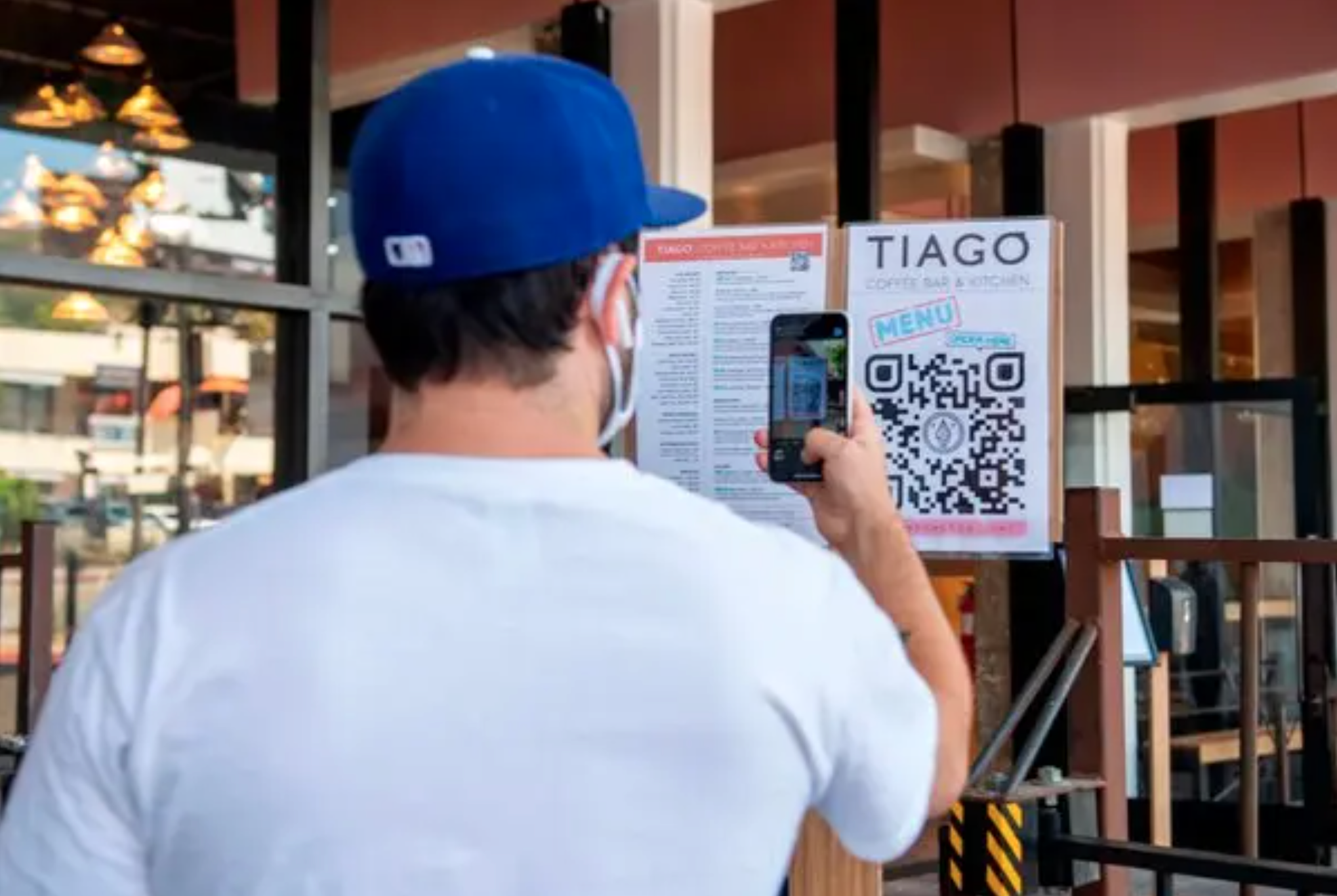QR codes are trying to make it big in the US. At least one of them is succeeding.
QR codes were invented way back in 1994 by a Japanese engineer. They’ve been common in Chinese payments apps for years.
But recently they’ve become a big part of US restaurant menus and checkout registers. Companies are looking to make transactions as touchless as possible because of the Covid-19 pandemic and more convenient in the post-Covid world.
- According to Bitly, over the last 18 months, QR code downloads have increased 8.5x.
- About 50% of all full-service restaurants in the US have opted for QR code menus since the beginning of the pandemic, per the National Restaurant Association.
Pandemic winners like Peloton and Zoom have seen their business prospects decline as vaccinations have ramped up, don’t expect QR codes to disappear.
Experts assert that because of the many advantages they offer businesses, QR codes are likely to be in restaurants for years to come.
With a quick and convenient QR code generator, your customers will never struggle to find the products that you offer.
What are the implications of QR codes?
More tracking. While it might seem like you’re harmlessly ordering a Big Mac after a long day, QR codes track when, where, and how often you use them.
That info is highly valuable to restaurants. They’ll be able to more closely track consumer behavior. They can use this data to sell to third parties, use in crafting their own ads, or better their business internally.
Privacy experts say that regulation don’t exist in terms of what restaurants can and can’t do with that info.
For example, there’s nothing that says they can’t sell it to a third-party delivery app that wants to send you notifications about ordering takeout.
More fraud. The ease of creating a QR code is one of the reasons why it’s so easy for businesses. But it also increases opportunities for scams.
You can’t predict where a code will take you until you open it. This makes it difficult to know if it’s a scam or not.
The Better Business Bureau (BBB) even issued a warning this summer around fraudulent QR codes.
Replacing workers. We’ve been worried about technology stealing our jobs since the Luddites protested mechanical looms in the early 19th century.
But the QR code, like many things, is a threat to some workers even if it improves the productivity of the whole.
Without the need for servers to take orders and deliver bills, some restaurants have cut 30%–50% of labor costs by using QR code menus, according to the startup Cheqout, which builds the technology for those menus.
Economic downturns have historically been catalysts for automation, forcing businesses – especially those struggling – to cut costs where they can.
It’s a matter of basic survival for many and innovation often happens when people’s backs are against the wall.
Bottom line
Just like any technology, QR codes invite have both pros and cons.
Are they the permanent solution?
Things come and go all the time.
Fax machines were the rage in the mid-1990s before giving way to email and other faster communications.
QR codes may be a stepping stone to something else, but they’ll become more popular for now.


